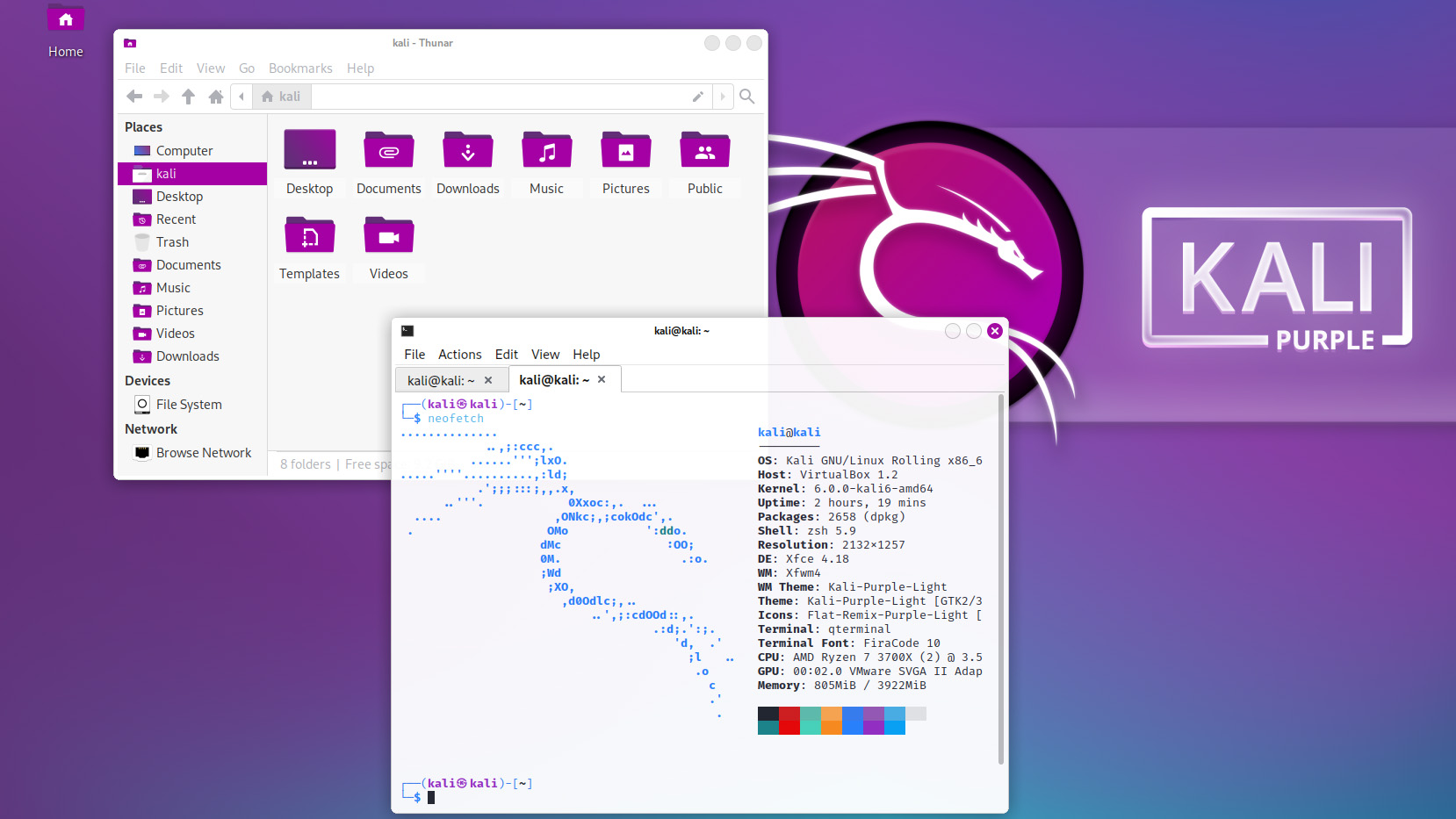NCSC blocks millions of cyber attacks launched against UK
But hackers will respond with fresh ways to target businesses and citizens, body warns

Cyber criminals will change their tactics in response to the National Cyber Security Centre's (NCSC's) success in blocking millions of attacks against UK businesses over the last year, the organisation's director warned today.
In a report entitled Active Cyber Defence - One Year On', the GCHQ-led agency today detailed the success it has had in reducing cybercrime against businesses and citizens since it introduced its four Active Cyber Defence (ACD) programmes a year ago, under the government's National Cyber Security Strategy.
These four programmes are aimed at improving UK security by checking public body websites' security, blocking fake emails, thwarting phishing attacks and stopping public sector bodies' IT systems from landing on malicious websites.
As a result, the UK's share of visible global phishing attacks has almost halved since the measures began a year ago, dropping from 5.3% in June 2016 to 3.1% November 2017, according to the report. The organisation also blocked an average 4.5 million malicious emails per month from reaching users, and carried out more than one million security scans and seven million security tests on public sector websites.
Additionally, the NCSC removed 121,479 UK-hosted phishing sites, 18,067 of which were spoofing UK government services. As a result, the average time it took to take down sites spoofing government services dropped from 42 hours to 10 hours, it said.
ACD has also accommodated for a dramatic drop of scam emails from bogus @gov.uk' accounts, the report said, with a total of 515,658 rejected over the year.
NCSC technical director Ian Levy said: "The ACD programme intends to increase our cyber adversaries' risk and reduces their return on investment to protect the majority of people in the UK from cyber attacks. The results are positive, but there is a lot more work to be done."
Get the ITPro daily newsletter
Sign up today and you will receive a free copy of our Future Focus 2025 report - the leading guidance on AI, cybersecurity and other IT challenges as per 700+ senior executives
However, he warned that the programmes' success will see attackers alter their tactics.
"The successes we have had in our first year will cause attackers to change their behaviour and we will need to adapt," he said. "Our measures seem to already be having a great security benefit - we now need to incentivise others to do similar things to scale up the benefits to best protect the UK from commodity cyberattacks in a measurable way."
The NCSC's report also listed the 10 most-spoofed government departments, revealing that HMRC is the most targeted, with 16,064 fake websites taken down. Also on the list are the DVLA, the Student Loans Company and the Crown Prosecution Service.
The report comes after UK defence secretary Gavin Williamson warned that a cyber attack by Russia could cripple Britain's infrastructure and cause "thousands and thousands and thousands of deaths". The NCSC's head, Ciaran Martin, had earlier claimed that an attack on the UK's energy infrastructure or election process "is a matter of when, not if".
-
 Bigger salaries, more burnout: Is the CISO role in crisis?
Bigger salaries, more burnout: Is the CISO role in crisis?In-depth CISOs are more stressed than ever before – but why is this and what can be done?
By Kate O'Flaherty Published
-
 Cheap cyber crime kits can be bought on the dark web for less than $25
Cheap cyber crime kits can be bought on the dark web for less than $25News Research from NordVPN shows phishing kits are now widely available on the dark web and via messaging apps like Telegram, and are often selling for less than $25.
By Emma Woollacott Published
-
 Bugcrowd’s new MSP program looks to transform pen testing for small businesses
Bugcrowd’s new MSP program looks to transform pen testing for small businessesNews Cybersecurity provider Bugcrowd has launched a new service aimed at helping MSP’s drive pen testing capabilities - with a particular focus on small businesses.
By Ross Kelly Published
-
 Building a new approach to security with the next generation of penetration testing
Building a new approach to security with the next generation of penetration testingSponsored Combining human-led testing with continuous automated scanning can elevate your security regime
By ITPro Published
-
 ASUS, Cisco, Netgear devices exploited in ongoing Chinese hacking campaign
ASUS, Cisco, Netgear devices exploited in ongoing Chinese hacking campaignNews Critical national infrastructure is the target of sustained attempts from state-sponsored hackers, according to Five Eyes advisories
By Ross Kelly Published
-
 Off-the-shelf ransomware is spurring a new era in the Ukraine war
Off-the-shelf ransomware is spurring a new era in the Ukraine warNews Experts agreed Russian forces could be overwhelmed, forced to use less sophisticated tools to meet the regime's demands
By Connor Jones Published
-
 NCSC: “New class” of Russian cyber attackers seek to destroy critical infrastructure
NCSC: “New class” of Russian cyber attackers seek to destroy critical infrastructureNews The cyber threat has been raised due to the heightened risk of ideologically driven cyber attacks from Russia-aligned adversaries
By Connor Jones Published
-
 OpenAI to pay up to $20k in rewards through new bug bounty program
OpenAI to pay up to $20k in rewards through new bug bounty programNews The move follows a period of unrest over data security concerns
By Ross Kelly Published
-
 Kali Linux releases first-ever defensive distro with score of new tools
Kali Linux releases first-ever defensive distro with score of new toolsNews Kali Purple marks the next step for the red-teaming platform on the project's tenth anniversary
By Rory Bathgate Published
-
 NCSC warns UK under state-sponsored spear-phishing attacks from Russia and Iran
NCSC warns UK under state-sponsored spear-phishing attacks from Russia and IranNews The acceleration in spear-phishing campaigns last year coincided with the escalating conflict in Ukraine, according to the NCSC
By Ross Kelly Published